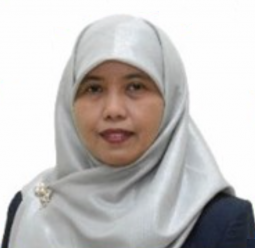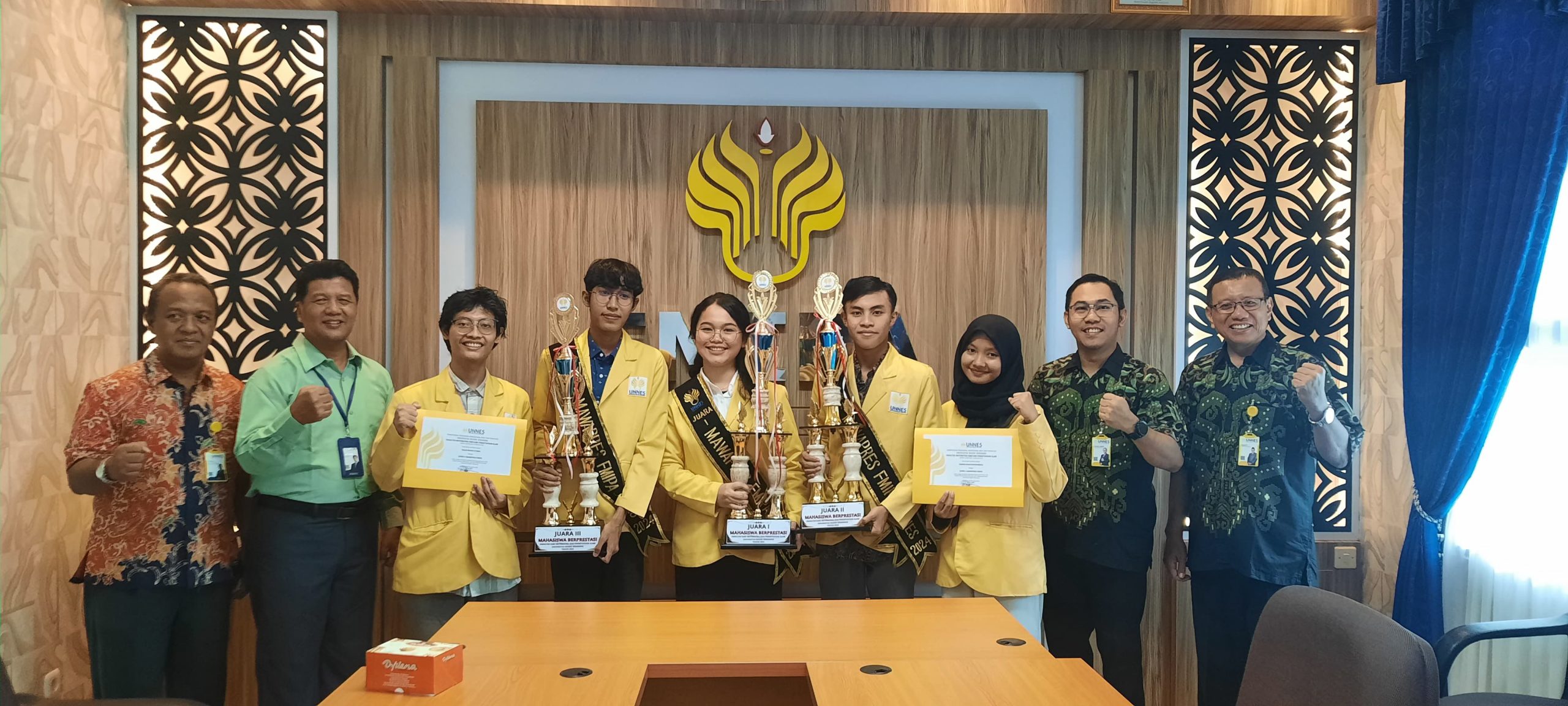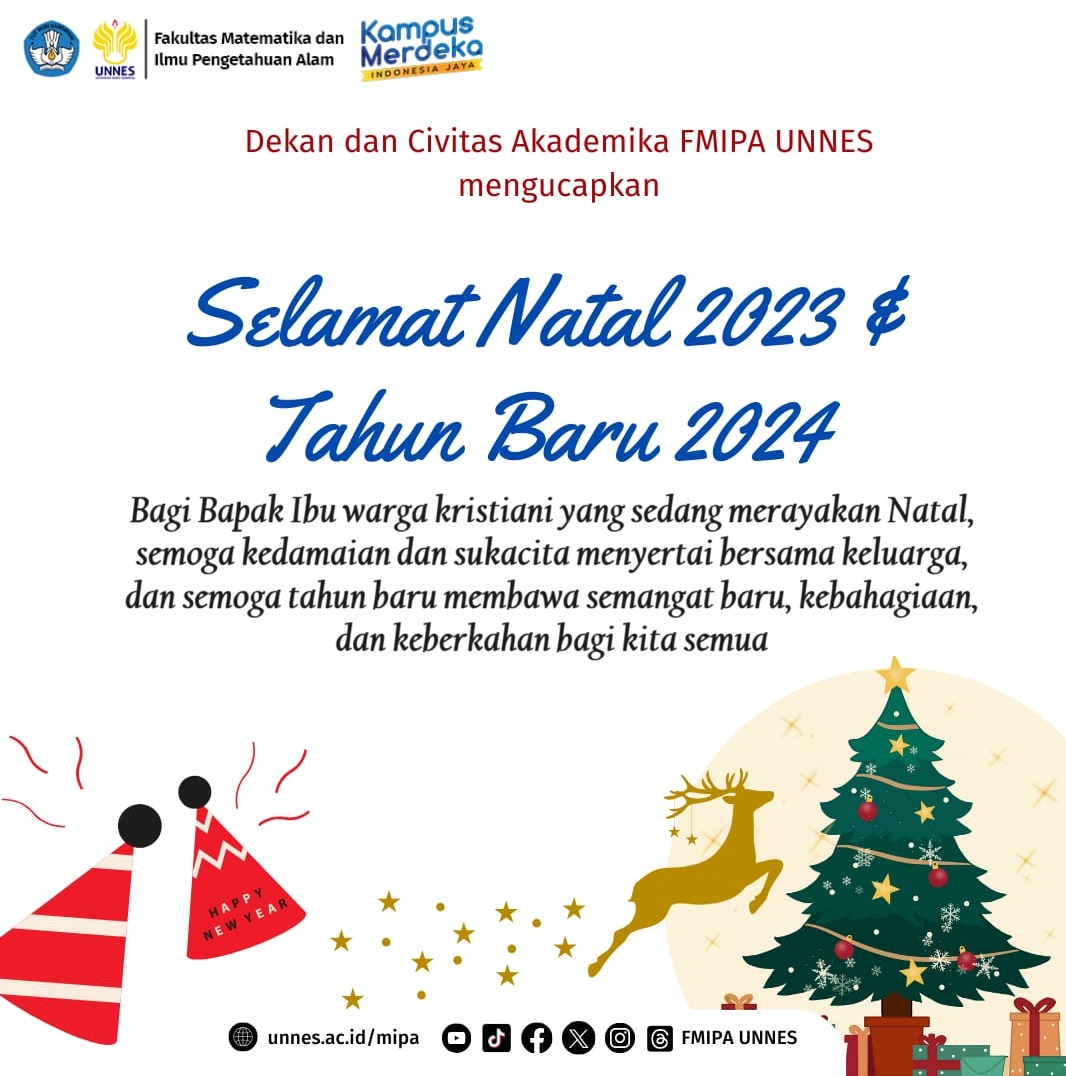
Professor of Zoology in the Faculty of Mathematics and Natural Sciences at UNNES (Semarang State University).
Foot and Mouth Disease (FMD), also known as Penyakit Mulut dan Kuku (PMK) in Indonesian, is classified as a Strategic Transmissible Animal Disease (STAD). STADs are animal diseases that can cause significant economic losses, public concerns, and/or high mortality rates among animals (Government Regulation of the Republic of Indonesia No. 47 of 2014 on the Control and Eradication of Animal Diseases). PMK is caused by the foot-and-mouth disease virus (FMDV), which belongs to the genus Aphthovirus in the family Picornaviridae. Picornaviruses are classified as group IV viruses and have a positive-sense single-stranded RNA genome. There are seven strains of this virus, namely A, C, O, Asia 1, SAT3 (Southern African Territory), SAT 1, and SAT 2.
Although not zoonotic (not transmissible to humans), PMK (Foot and Mouth Disease) is highly contagious and primarily affects cloven-hoofed animals, especially cattle, buffaloes, pigs, sheep, and goats. PMK is feared by all countries due to its potential for causing significant economic losses. The economic losses mainly result from decreased milk production (25% per year), reduced beef production (10-20%), decreased employment (60-70%), reduced fertility of cattle (10%), decreased pregnancy rates, increased calf mortality (20-40%), and the destruction of infected livestock. In addition to directly impacting livestock activities (71%), PMK has ripple effects on various sectors such as the hotel and restaurant business (52%), agriculture (58%), trade (47%), manufacturing industry (42%), transportation (42%), services and hospitality (55%), financial business (23%), and construction (49%).
Based on the nature of the disease, its spread, and its impact, the World Organisation for Animal Health (OIE) classifies PMK as one of the “OIE Listed Diseases and Other Diseases of Importance.” This means that all countries in the world must report the occurrence of the disease to the OIE. In Indonesia, the first reported case of PMK occurred in Malang, East Java in 1887, and it subsequently spread to various regions of Indonesia. Despite intensive and continuous efforts to control and eradicate the disease, PMK reemerged in cattle farms in Blora, Central Java in 1983. Mass eradication efforts were then implemented, including three consecutive years of continuous vaccination, leading to the successful eradication of the disease. Indonesia was declared free from PMK in the OIE Resolution No. XI of 1990. In 2013, the Indonesian government designated PMK as a Strategic Transmissible Animal Disease (STAD) that requires vigilance and prevention. The OIE Resolution No. XV of 2019, which declared Indonesia free from PMK and without a vaccination program, was valid until early April 2022 when an outbreak of PMK occurred in East Java.
After 32 years of being declared free from PMK without vaccination, an outbreak of PMK reoccurred in Indonesia on April 28, 2022, in Gresik, East Java. Initially, the PMK outbreak affected 402 cattle in Gresik and subsequently spread to many other regions in Indonesia. With this situation, the hope of achieving self-sufficiency in beef production by 2026 and becoming a livestock hub in Asia by 2045 vanished. This article examines the causes and draws lessons from the 2022 PMK outbreak in Indonesia. Based on previous experience, achieving PMK-free status requires a long time (approximately 100 years) and high costs. The Directorate General of Livestock (2002) stated that handling PMK for 100 years (from 1887 to 1986) resulted in an economic loss of USD 1.66 billion or approximately IDR 29 trillion.
The cause of PMK’s resurgence in Indonesia after being declared free for 32 years is a policy that led to the relaxation of regulations on the import of livestock and livestock products from abroad. Historically, the eradication and control of PMK have been closely linked to the regulations enforced in Indonesia. The Law No. 6 of 1967 on “Basic Provisions of Livestock and Animal Health” played a significant role. Under this law, for protection against the introduction of animal diseases into Indonesian territory, a “country-based” approach was applied. It means that if a country has not been declared free from PMK by the OIE, imports from that country are not allowed into Indonesia.
In 2009, there was a change in Law No. 6/1967 to Law No. 18/2009. Under Law No. 18/2009, the protection against the entry of animal diseases into Indonesian territory was no longer “country-based” but changed to “zone-based.” The relaxation of livestock import regulations triggered reactions from various figures and small-scale livestock farmers. The difference of opinions ended with the decision of the Constitutional Court (MK) No. 137/PUU-VII/2009, which established that the import of livestock and livestock products should still be country-based, not zone-based. This decision by the Constitutional Court still prevented the entry of animal diseases (including PMK) from other countries into Indonesia.
However…
In 2014, the government and the DPR (People’s Consultative Assembly) amended Law No. 18/2009. The amendment once again changed it from “country-based” to “zone-based” for the importation of livestock and livestock products from abroad. For the second time, a lawsuit was filed with the Constitutional Court. However, the decision of the Constitutional Court No. 129/PUU-XIII/2015 actually made this legal provision a gateway for foreign animal diseases by allowing the importation of livestock or livestock products based on “zones.” With this Constitutional Court decision, derivative legal products were created, such as Government Regulation No. 4/2016, Minister of Agriculture Regulation No. 17/Permentan/PK.450/5/2016, and Minister of Agriculture Decree No. 2556/2016, which allowed the importation of meat from India. Due to the issuance of Government Regulation No. 4/2016, livestock farmers submitted a review request to the Supreme Court (MA) because India had not been declared free from PMK and did not have designated zones. Unfortunately, the decision of the Supreme Court No. 27/P/HUM/2018 still upheld Government Regulation No. 4/2016. The implementation of these policies, as stated in the legal products (Government Regulation No. 4/2016 and Supreme Court decision No. 27/P/HUM/2018), made the entry of Indian beef legal. This policy is likely the initial cause of the PMK disaster in Indonesia.
As a result of the implementation of Government Regulation No. 4/2016, the importation of beef/buffalo meat from India became legal to meet the meat demand in Indonesia. The annual demand for beef in Indonesia reaches 700 thousand tons (equivalent to 4 million cattle), but domestic production can only fulfill 500 thousand tons (equivalent to 3 million cattle). To meet domestic demand, Indonesia imports beef, including from India. India still has an endemic status of PMK, with dominant virus strains being serotypes A, O, and Asia 1. From 2016 to 2020, imports of frozen beef and buffalo meat increased. In 2016, Indonesia imported 33.81% of frozen beef out of a total import of 116,761 tons, and in 2020, it imported 51.91% out of a total import of 170,305 tons. Besides India, Indonesia also imports beef from Brazil, which is still not declared free from PMK. Learning from the PMK outbreak in Indonesia in 2022, after 32 years of being declared free from PMK without vaccination, it is crucial to have strict biosecurity measures to prevent the spread of animal diseases into Indonesia. Biosecurity is a standard procedure to prevent the entry of disease agents into a livestock area/region or country. Reflecting on outbreaks in Indonesia and other countries, we must always be wary of the possibility of introducing animal disease agents into Indonesia. This vigilance must be carried out systematically through legal policies (legislation) that regulate livestock farming and animal health. With the PMK outbreak in late April 2022, Indonesia’s status in the OIE (World Organisation for Animal Health) is no longer as a country free from PMK without vaccination. It is not an easy task and cannot be achieved quickly to regain the status of being PMK-free. It requires commitment and full efforts from all relevant parties to eliminate PMK from Indonesia.
Prof. Dr. drh. R. Susanti, M.P. is a professor in the field of Zoology. She has an educational background in Veterinary Medicine (S1), followed by a Master’s (S2) and Doctorate (S3) degree in Veterinary Sciences. She teaches courses such as Biochemistry, Organic Chemistry, Molecular Biology, Immunology, Enzymology, and Parasitology. Her research focuses on animals and pathogens (particularly viruses) and their interactions with the environmental habitat.






